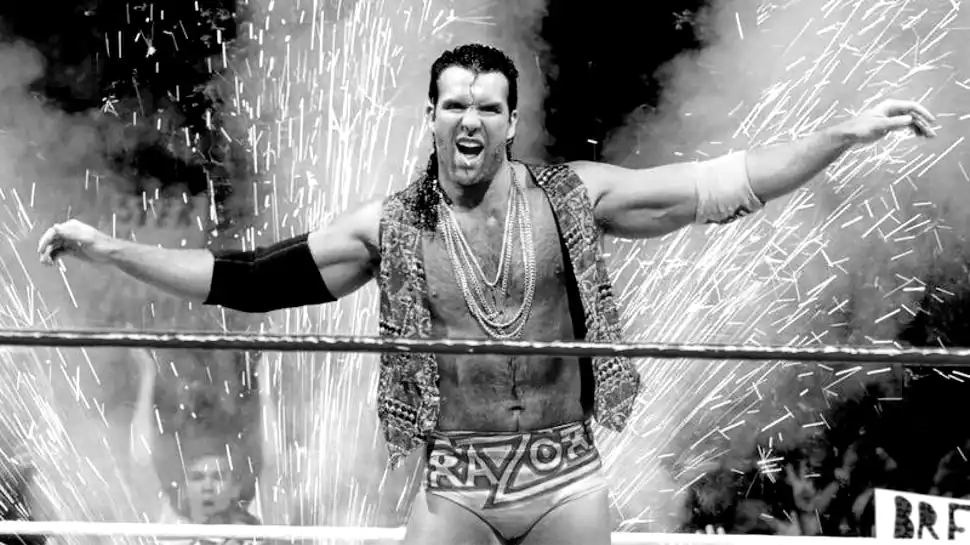Steel stocks crashed on Monday, driving down the BSE Metal Index by 8.3%, its biggest single-day fall since March 2020, as companies said the new export tax on key primary steel products would force them to cut output and defer investments. With Monday’s fall, the index has come off 25.2% from its April highs, wiping out Rs 2.6 trillion worth of investor wealth.
On Saturday, the government announced that with effect from Sunday, an export tax of 15% would apply on select pig iron, flat-rolled products of iron or non-alloyed steel, bars and rods, and various flat-rolled products of stainless steel.
While the new impost is aimed at curbing rising prices of the alloy and boost its availability and consumption in the local market, all primary steelmakers feel the government’s decision is “ill-timed”, as “steel prices were already correcting”.
Dilip Oommen, CEO of ArcelorMittal Nippon Steel India Ltd, said the export tax would hit the firm’s 90,000 tonne of steel exports every month.
Oommen added it would dampen fresh investments. Separately, the Indian Steel Alliance had said the export duty on key primary steel products steel “will only send a negative signal to investors in the steel sector and will adversely impact the sector’s capacity utilisation”.
Jindal Steel & Power led the fall in metal stocks on Monday, as its shares slumped 17.4%, its biggest drop since January 2008. Tata Steel declined the most since August 2015 to end the session at Rs 1,023.60 on the BSE. The stock of JSW Steel slid 13.2% to end the session at 547.60 on BSE, the highest fall since March 2020.
As of Monday’s close, the combined market capitalisation of metal stocks stood at Rs 8.34 trillion.
The government also removed import tariffs for coking coal and coke to reduce cost of steel manufacturing, but Seshagiri Rao, group CFO of JSW Steel, said the tax relief for these inputs would have “only a minimal impact” on the steel industry given the six -fold increase in their prices in recent months.
The government also raised export tariffs on new iron ores and concentrates to 50% from 30%, and the duties on pellets to 45% from zero. Influenced by New Delhi’s decision, the benchmark iron ore futures in China — the world’s top consumer of the ore — rose about 7% in early trade on Monday, tracking their biggest daily jump in two-and-a-half months, Reuters reported. Rao, however, said the export duty on ore “would be of no use” to Indian steelmakers, as there would be no drop in iron ore prices in the domestic market in line with international prices.
The surge in steel prices, along with stronger balance sheets, has attracted investors to the sector of late. The BSE Metal Index, which has been an under-performer for three years through 2020, has bounced smartly since then with 52.2% gains. In contrast, the Sensex added 13.7% during the same period. The four largest steel producers together have reduced their indebtedness by 40% and net debt/EBITDA to 1.1X from 6.2X over FY2020-22.
Analysts see the latest levies as an extremely negative development for the sector and expect broad-based, multiple de-rating. According to them, the levies will not only weigh on mills’ earnings from overseas, but will also push domestic prices lower as the market becomes over-supplied.
According to ICICI Securities, most of the exports of steel/stainless steel will attract 15% export duty now, versus nil duty earlier. “We see this as an extremely negative development for the steel sector and expect broad-based multiple de-rating,” wrote ICICI Securities in a note.
Domestic flat steel (HRC) prices are up 88% since January 2020 and have impacted negatively on consuming sectors such as infrastructure and automobiles. The surge metal prices, which was propelled by a spike in demand post Covid-19 disruptions, and supply constrains due to geopolitical tensions, have largely benefited Indian steel players over the last two years.

Analysts at Kotak Institutional Equities expect domestic steel prices to correct by 8-10% on imposition of the 15% export duty. “Increase in export duty on iron ore and pellets would further add to the domestic surplus and should lead to Rs 1,250-1,500/tonne reduction in iron ore prices. Lastly, a cut in 2.5% import duty on coking coal would ease cost by Rs 600-Rs 800/tonne for steel producers,” observed KIEs in an investor note.
India exported 13.5 million tonne (mt) of finished steel worth Rs 1 trillion in 2021-22, and the industry was expecting exports to reach at least 18 mt in the current fiscal year.














